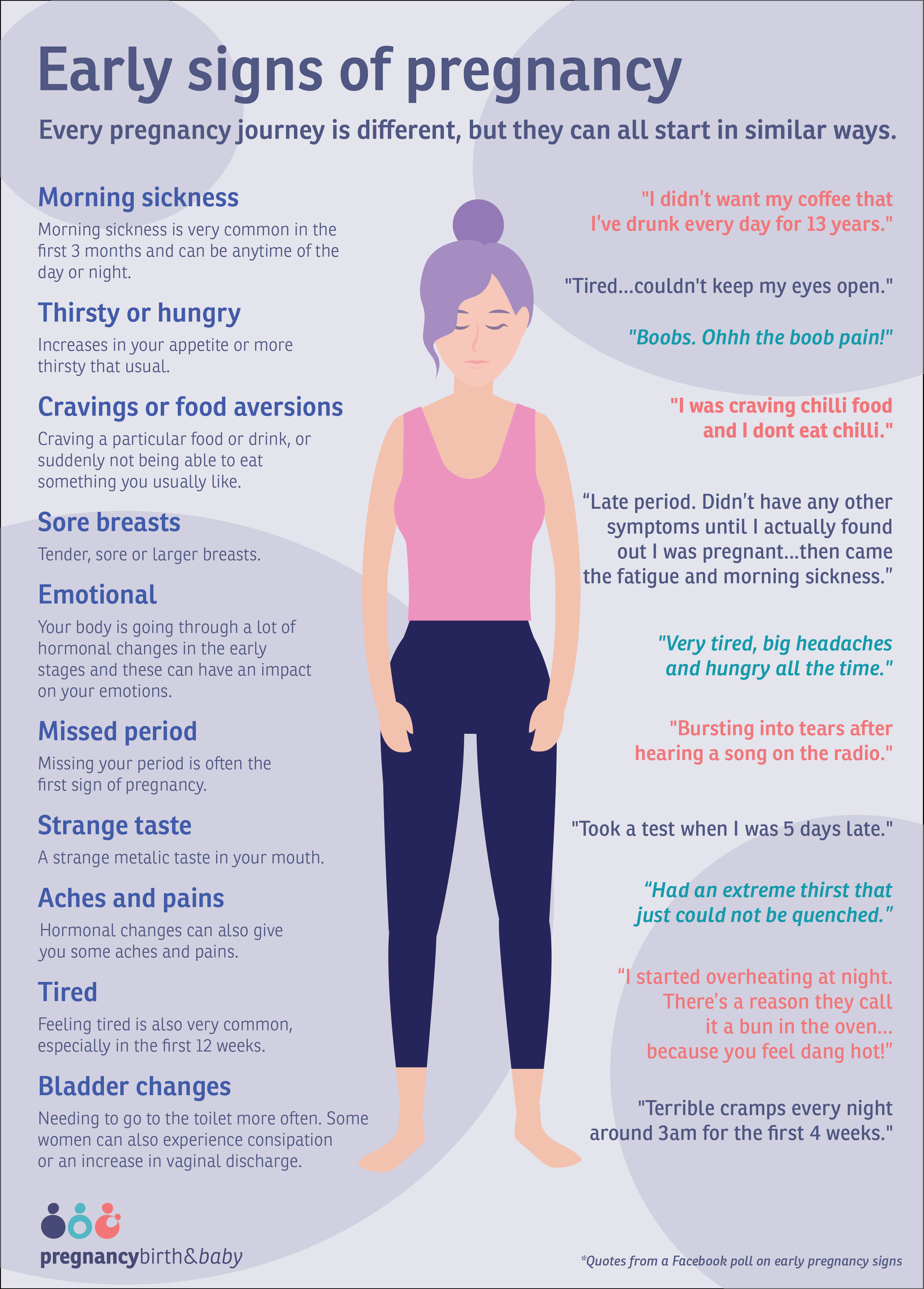
Sign and Symptoms of Teen Pregnancy
Teen pregnancy, defined as pregnancy occurring in females under the age of 20, is a significant public health concern with far-reaching implications for both the mother and child. Early detection and prenatal care are crucial for ensuring optimal outcomes for both parties. However, many teen pregnancies go undetected due to a lack of awareness of the signs and symptoms. This article aims to provide a comprehensive overview of the signs and symptoms of teen pregnancy, empowering individuals to recognize and respond appropriately to this important issue.
Physical Signs
- Missed period: One of the most common and earliest signs of pregnancy is a missed period. However, it is important to note that irregular periods are also common in adolescence, so a missed period alone may not be indicative of pregnancy.
- Breast changes: The breasts may become tender, swollen, and darker in color.
- Nausea and vomiting: Morning sickness, characterized by nausea and vomiting, is a common symptom of pregnancy, typically beginning around the sixth week.
- Fatigue: Extreme tiredness is a common symptom of pregnancy, especially in the first trimester.
- Frequent urination: The need to urinate more frequently is a common symptom of pregnancy, as the growing uterus puts pressure on the bladder.
- Abdominal bloating: The abdomen may become bloated and swollen as the uterus expands.
- Weight gain: Weight gain is a gradual but noticeable sign of pregnancy, especially in the later stages.
Emotional Signs
- Mood swings: Pregnancy hormones can cause significant mood swings, ranging from elation to irritability.
- Food cravings and aversions: Pregnant teens may experience intense cravings for certain foods and an aversion to others.
- Emotional sensitivity: Increased sensitivity to emotions is common during pregnancy, leading to heightened reactions to both positive and negative stimuli.
- Anxiety and depression: Pregnancy can be an emotionally challenging time, and teens may experience anxiety and depression due to the significant life changes it entails.
Other Signs
- Positive pregnancy test: A positive pregnancy test is the most definitive sign of pregnancy. Home pregnancy tests are widely available and can provide accurate results within minutes.
- Pelvic exam: A pelvic exam performed by a healthcare professional can confirm pregnancy and assess the stage of gestation.
- Ultrasound: An ultrasound can provide visual confirmation of pregnancy and determine the location, size, and gestational age of the fetus.
Risk Factors
Certain factors can increase the risk of teen pregnancy, including:
- Lack of comprehensive sex education: Teens who lack access to accurate information about sexual health and contraception are more likely to engage in unprotected sex and become pregnant.
- Peer pressure: Teens who have friends or peers who are pregnant or have children may be more likely to engage in risky sexual behavior.
- Substance use: Alcohol and drug use can impair judgment and increase the likelihood of unprotected sex.
- Trauma and abuse: Teens who have experienced trauma or abuse may be more likely to engage in risky sexual behavior as a coping mechanism.
Consequences of Teen Pregnancy
Teen pregnancy can have significant consequences for both the mother and child, including:
- Health risks: Pregnant teens are at increased risk for pregnancy complications, such as premature birth, low birth weight, and preeclampsia.
- Educational challenges: Teen mothers are more likely to drop out of school, which can limit their future opportunities.
- Economic hardship: Teen mothers are more likely to experience poverty and unemployment, which can impact their ability to provide for themselves and their children.
- Social stigma: Teen mothers may face social stigma and discrimination, which can affect their self-esteem and relationships.
Prevention
Preventing teen pregnancy requires a comprehensive approach that includes:
- Comprehensive sex education: Providing teens with accurate information about sexual health and contraception is essential for preventing unintended pregnancy.
- Access to contraception: Ensuring teens have access to a range of contraceptive methods, including condoms, birth control pills, and intrauterine devices (IUDs), is crucial for reducing the risk of pregnancy.
- Parental involvement: Parents play a vital role in providing teens with guidance and support on sexual health and decision-making.
- Peer support: Peer support programs can provide teens with a safe and supportive environment to discuss sexual health and make healthy choices.
Conclusion
Teen pregnancy is a complex issue with far-reaching implications for both the mother and child. Early detection and prenatal care are crucial for ensuring optimal outcomes. By recognizing the signs and symptoms of teen pregnancy and implementing effective prevention strategies, we can empower teens to make informed choices and reduce the incidence of unintended pregnancy. It is essential to create a supportive environment where teens feel comfortable accessing information, services, and support related to sexual health. By working together, we can create a brighter future for our youth and their children.